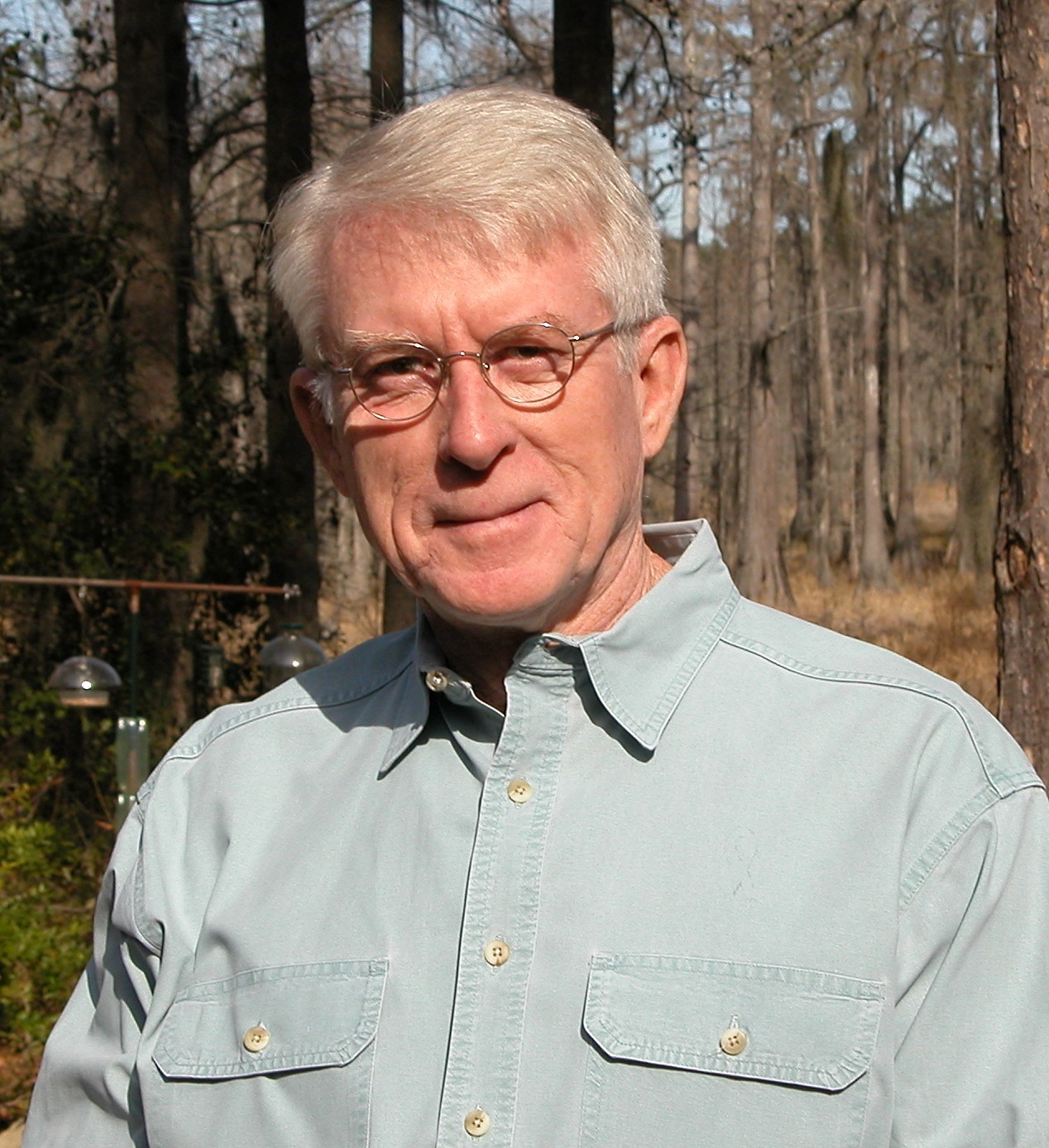The making — and attempted taking — of our state parks
Floridians are extraordinarily fortunate to own 174 state parks, which include some of the finest in the nation. While Florida has millions of acres of state lands managed by different agencies, our state parks comprise the highest-quality natural areas that include prairies, pinelands, hammocks, swamps, springs and beaches. It didn’t just happen that these special places became state parks; they were carefully selected because of their high-quality natural and outdoor-recreation values.
Acquiring a state park is a long, laborious process that includes the selection of the special place by an interagency committee, lengthy negotiations with landowners, final approval by the governor and the Cabinet and execution of the purchase. Upon acquisition, the property is transferred to the Florida Park Service for management, which starts with the development of a publicly reviewed land-management plan. That plan defines the resources needed to restore and preserve the original natural landscapes and to design and construct facilities. The property must follow a circuitous process with many hurdles before the state park is born and ready for public enjoyment.
After up to 80 years of sensitive management of these parks by the Florida Park Service, a short-term governor or politically appointed secretary of the Department of Environmental Protection or any Legislature can undo decades of professional management with a phone call or the stroke of a pen. However, they do not own the parks — we the people own them.
Gov. Rick Scott is shrinking state government, and DEP is trying to turn your parks into profit centers for the benefit of private companies. The DEP secretary has publicly said he wants to introduce logging of old-growth trees and domestic cattle grazing in native prairies and pinewoods, and to hunt the relatively tame wildlife in our state parks.
These proposed activities are commonly called multiple use or consumptive use because the natural resources are being removed for profit. Many public lands are managed for multiple use, but they do not include America’s national parks or Florida’s state parks. DEP says it is switching to “data-driven” efficient management and is spending $500,000 for a private company to inventory the trees in your state parks so they can be cut and sold.
State park staff and state foresters have worked together for decades to restore forests by cutting undesirable trees in state parks, all without any expensive private contractors. DEP’s scheme is not an intelligent expenditure of taxpayer’s money but an apparent first step to serious logging.
You may have always taken your state parks for granted, but if you care about having a natural place to enjoy with your children, you need to speak up now. Don’t wait to be forced off the park road by a logging truck or to be told that you can’t go to your favorite part of the park because it’s reserved for hunting.
Let state officials know you want your parks preserved under single-use management for recreation, and that you want your state parks to remain “The Real Florida” for future generations.



 PREVIOUS ARTICLE
PREVIOUS ARTICLE
